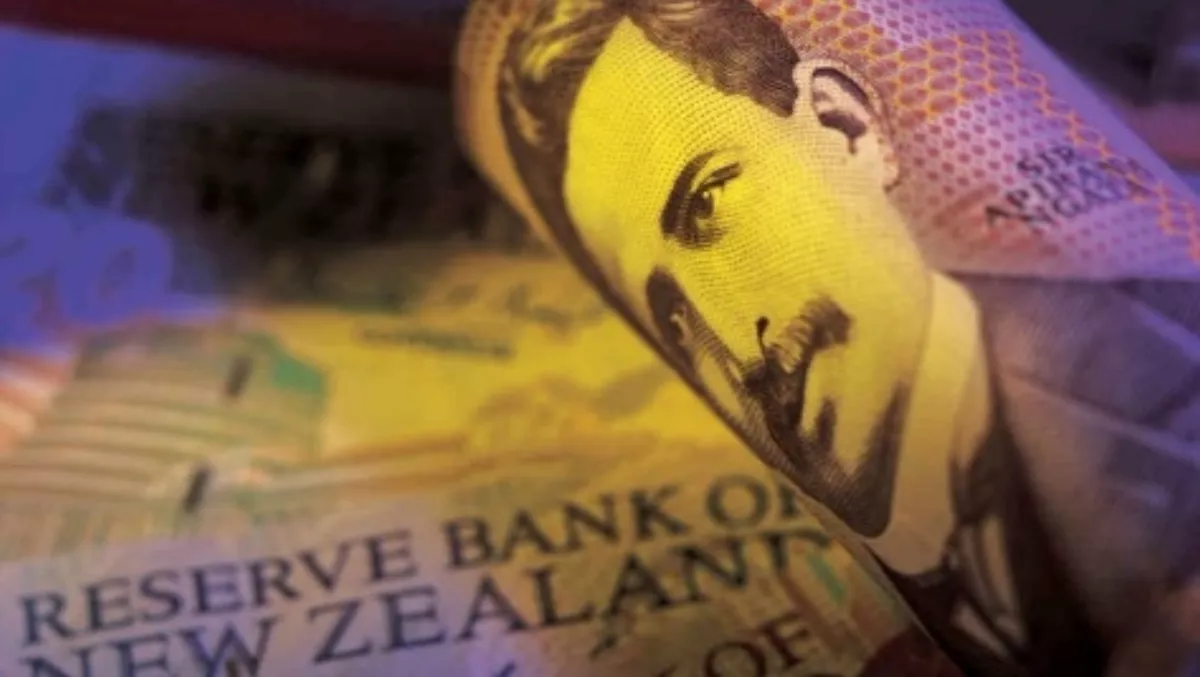
The New Zealand dollar gained against the euro, which fell through key support levels against the greenback even after Greece honoured its commitment to make a 450 million euro repayment to the International Monetary Fund.
The kiwi gained to 70.91 euro cents at 8:30am in Wellington, from 70.10 cents late yesterday. It edged up to 75.59 US cents from 75.51 cents.
The euro sank to US$1.0657, the first time below US$1.07 since March 20, having broken through a key support level of US$1.0710. Downward revisions to German industrial production data and figures pointing to an improving US labour market added to negative sentiment for the regional currency, with Greece still no closer to a deal to secure long-term bailout funding and with further debt repayments looming.
"While the Greek government honoured its EUR 450 million repayment to the IMF, Greek officials have acknowledged that its cash reserves
are likely to run out by the end of the month, unless it can reach an agreement with its European creditors that would unlock EUR 7.2 billion in
bailout funds," economists at ANZ New Zealand said in a note.
The trade-weighted index rose to 79.39 from 79.07 late yesterday, with some market commentators suggesting both the kiwi and Australian dollars are benefiting from a return of carry trade demand, where offshore investors are drawn to the nation's relatively attractive interest rates.
"We understand that the carry-trade appeal of high-yielding currencies like NZD is once again being touted as a reason for their outperformance," said Raiko Shareef, a strategist at Bank of New Zealand. "While that may well be why some investors have decided to support NZD, we would not join them in any hurry. The risk-adjusted return on a USD-funded carry trade into NZ has improved modestly in the past two weeks. But that has been almost entirely driven by falling volatility. We'd not bet on currency markets remaining becalmed for an extended period of time."
The New Zealand dollar rose to 98.27 Australian cents from 98.18 cents. The kiwi rose to 91.14 yen from 90.74 yen and gained to 51.51 British pence from 50.75 pence.